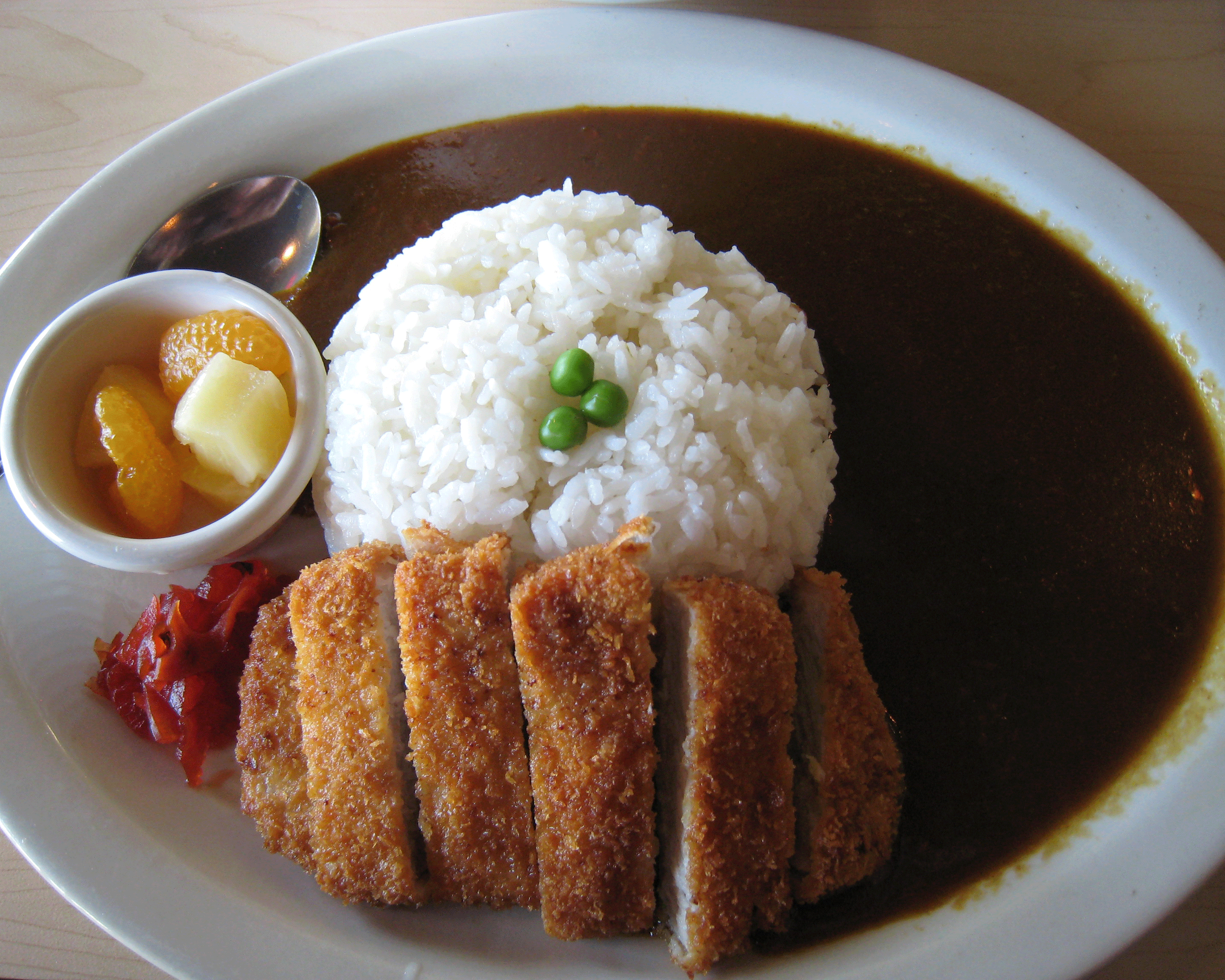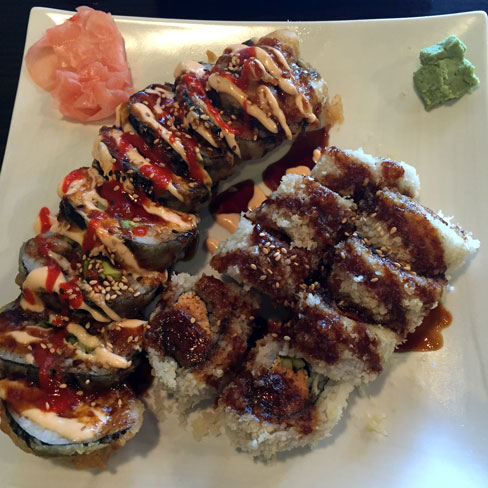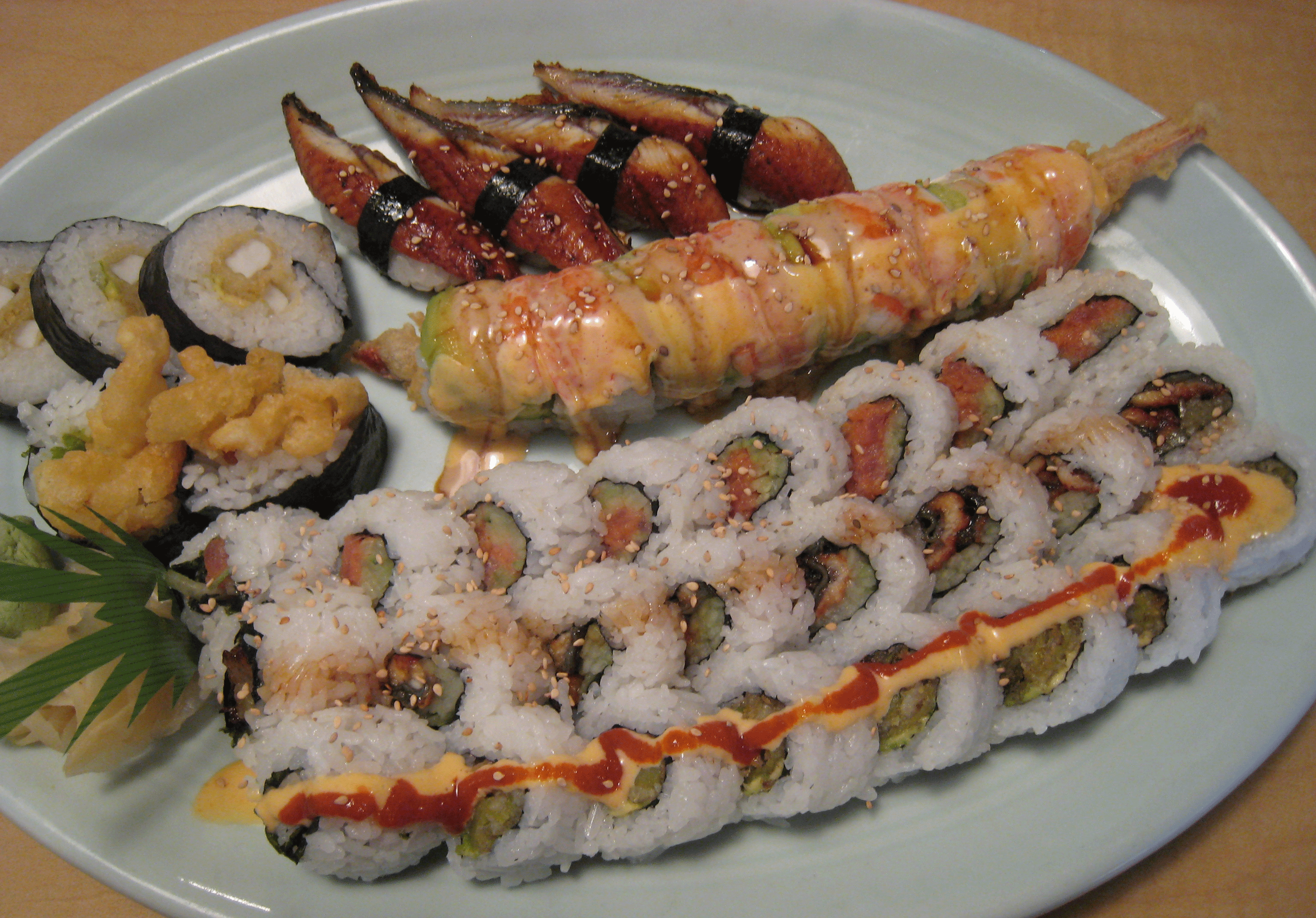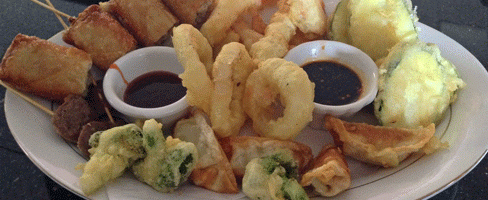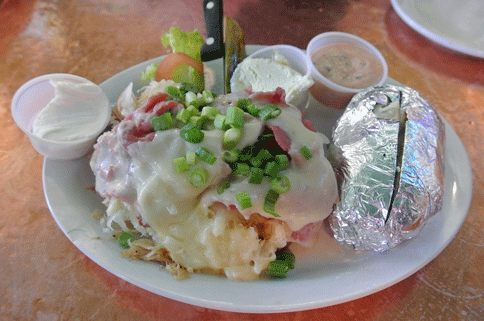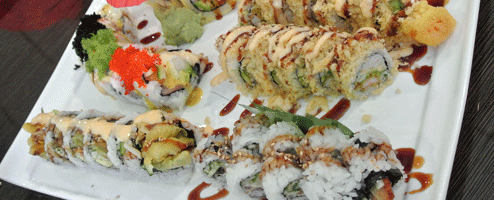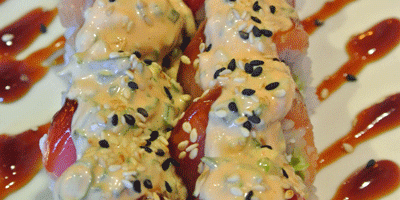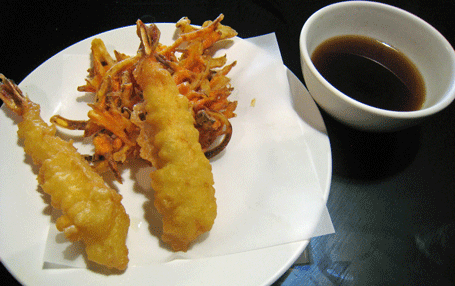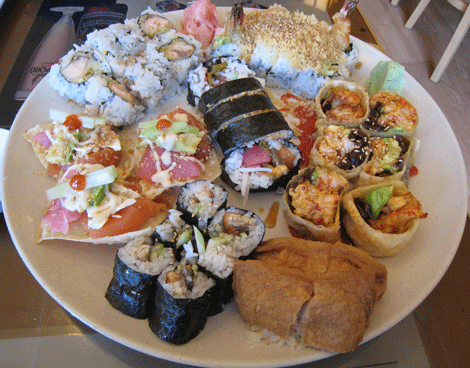Magokoro Japanese Restaurant – Albuquerque, New Mexico (CLOSED)
Emeril Lagasse, the jovial master of the culinary catchphrase, has been known to exhort his studio audience to “feel the love” as he adds a dash or two of something special to a dish. Indeed, love is that extra ingredient many chefs say they add to make everything they prepare taste better. To these chefs, cooking with love is not a labor of love because the gratification they receive is as intrinsically nourishing and pleasing as their cuisine is pleasurable and fulfilling to the diners who partake of it. Asian cultures have known for time immemorial that cooking is more than providing sustenance to sate hunger. They believe cooking and eating can create spiritual awareness and foster community as well…
